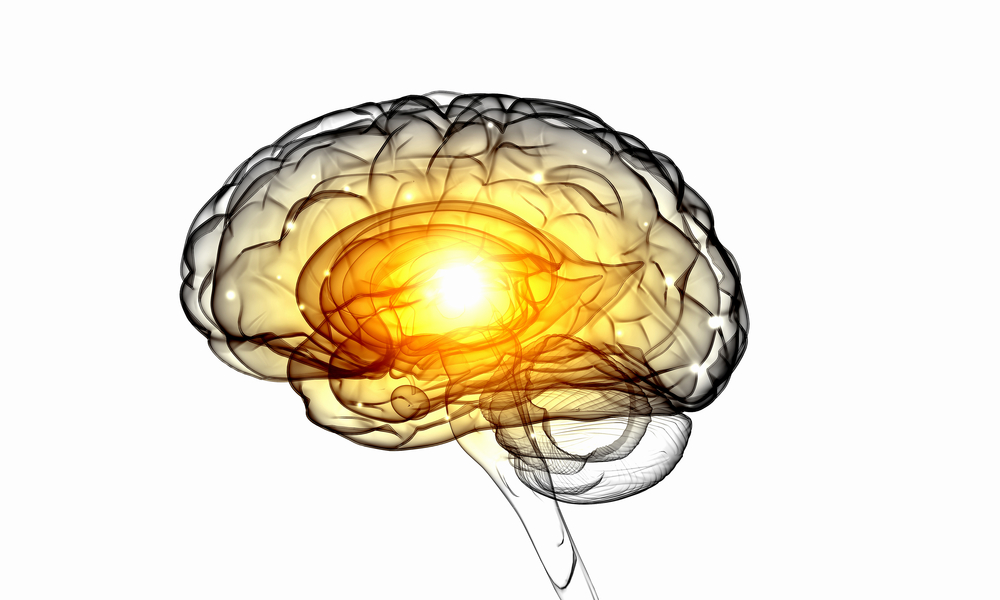‘Prime of Life Brain Initiative’ Targets Neurodegenerative Diseases

CurePSP and the Rainwater Charitable Foundation (RCF) have joined forces to launch the “Prime of Life Brain Initiative,” an effort to support research seeking new treatments and cures for neurodegenerative diseases.
Specifically, the initiative will focus on frontotemporal disorders, or conditions where tau protein forms toxic “tangles” that destroy nerve cells.
The initiative’s name is derived from the fact that frontotemporal disorders are often called “prime of life” disorders because, unlike Alzheimer’s disease, they most often start developing during middle age or earlier, while people are still in their “prime years.”
According to the National Institutes of Health (NIH), frontotemporal disorders are estimated to be responsible for up to 10 percent of all cases of dementia and may be as common as Alzheimer’s among people younger than 65. Roughly 60 percent of people with frontotemporal disorders are 45 to 64.
One particular condition that will be studied through this initiative is progressive supranuclear palsy (PSP). In PSP, cells in some areas of the brain responsible for motor control, vision, speech, swallowing, sleep, and behavior, accumulate clumps of tau protein and gradually die.
PSP is estimated to affect about 20,000 patients in the U.S. Many researchers believe that finding a treatment for PSP or other related frontotemporal disease would be an important step toward solving other common forms of neurodegeneration that involve the tau protein, such as Alzheimer’s disease.
The initiative will be funded through RCF’s Tau Consortium, which provides nearly $13 million in research funding every year to discover new treatments and prevention methods for Alzheimer’s, PSP and other tauopathies. Some of these consortium-funded studies involve PSP patients and efforts to find therapies that also treat Alzheimer’s disease.
“We are excited that CurePSP will help us to support the world’s best researchers as they hunt for a solution to these terrible diseases,” Patrick Brannelly, program director of the Tau Consortium, said in a press release.
Neurodegeneration is one of the biggest healthcare challenges of our century. While Alzheimer’s disease is estimated to affect 5.7 million people in the United States alone, with an annual burden of $277 billion, the economic burden of a patient with a frontotemporal disorder like PSP is $120,000 a year, double that of an Alzheimer’s patient.






